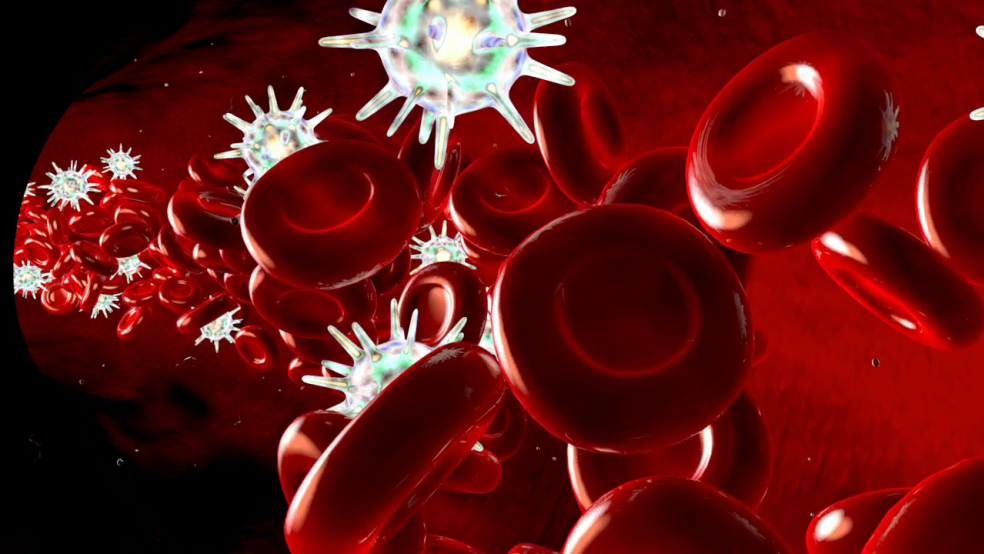The decision by a panel of the Food and Drug Administration to recommend the approval of a new therapy for a common form of leukemia could have a huge impact on the cost of treating a disease that costs billions of dollars per year to manage in the United States alone.
An advisory panel of the FDA voted 10-0 to recommend the approval of tisagenlecleucel, a treatment developed by the pharmaceutical firm Novartis. The treatment requires the extraction of a patient’s own infection-fighting T-cells, which are then genetically engineered to recognize and fight the cancer cells affecting the patient, and infused back into the bloodstream.
Related: Why Ted Cruz's Health Care Fix Can't Save the GOP's Bill
The treatment, which is expected to take 22 days to administer from beginning to end once it is formally approved and brought to market, produced full or partial remission in 83 percent of patients 90 days after being infused.
The cutting-edge therapy is expected to be extremely expensive, at something like half a million dollars per dose. But the upside is that treatment with tisagenlecleucel, ideally at least, only needs to happen once. Long-term management of leukemia can cost tens of thousands of dollars per year, and can even run to more than one hundred thousand dollars. And existing therapies, while they have improved in recent decades, don’t show the promise of tisagenlecleucel.
Writing for the medical news website Statnews last year, Ed Silverman described what was then the expected path of treatment costs for leukemia, with new oral medications expected to replace traditional chemotherapy:
[T]he annual cost of managing the disease is projected to rise to $5.1 billion by 2025, up from $740,000 million in 2011, based on current pricing. And the cost of treating each patient for a lifetime is expected to increase 310 percent, to $604,000 from $147,000 during that same period. And for Medicare patients, the out-of-pocket cost is forecast to jump 520 percent, to $57,000 from $9,200.
Related: Why Republicans Can't Just Move on From Their Health Care Nightmare
The approval of the new treatment has potential consequences that extend well beyond treatment of leukemia. The extraction, genetic engineering, and re-infusion of a patient’s own immune cells is a pathbreaking method of treatment currently being explored by various pharmaceutical firms for the treatment of numerous cancers.
Speaking to CNBC, Reni Benjamin, a pharmaceuticals analyst with Raymond James described the field of gene therapy, into which the new treatment falls, as one attracting significant investment and excitement in the medical community.
The FDA approval of Novartis’ new therapy, he said, gives the industry “our first glimpse from a commercial and regulatory perspective about how the FDA is thinking about this space.”





